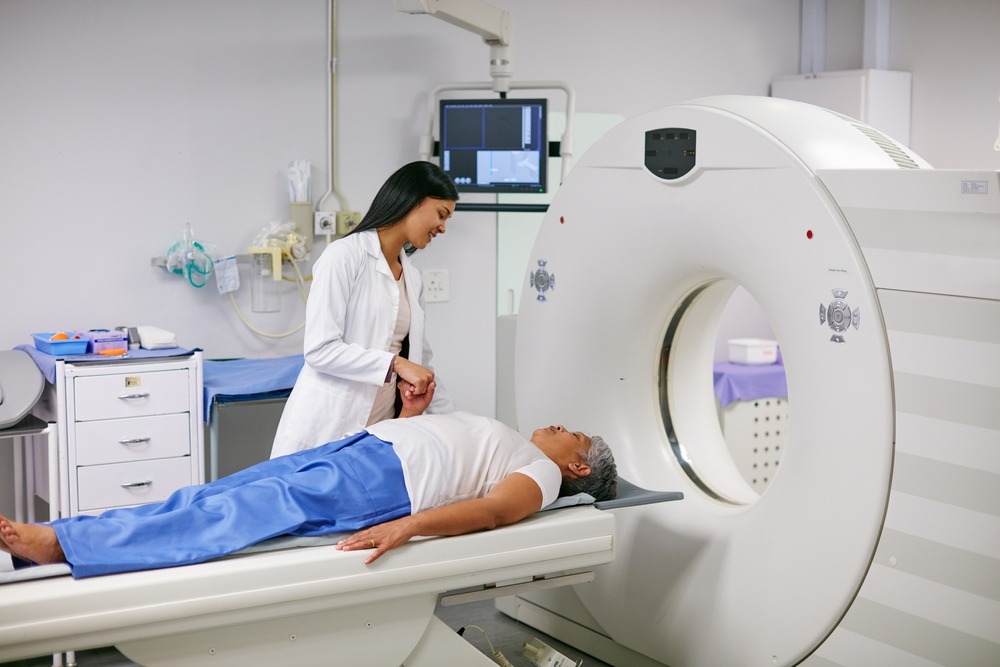The journey to a diagnostic test can be a daunting experience for many. But with proper preparation, patients can face surgery with confidence, ensuring accurate results and a smooth experience. This guide is intended to help individuals understand the steps necessary to prepare for diagnostic testing, especially those who are health care providers and want to ensure the best possible outcomes
Understanding the Purpose of Diagnostic Tests
Diagnostic tests are important tools used by healthcare professionals to identify and diagnose medical conditions. From blood tests to MRIs, these tests help diagnose diseases, monitor disease progression and guide treatment decisions. Proper preparation for these tests can have a significant impact on the accuracy and speed of results.
Before the Test: Preparation Starts at Home
- Understand the test: Know why it’s being done, what it’s doing, and if there are any risks or side effects. This knowledge will help you prepare mentally and physically for the exam.
- Follow pre-test instructions: Some tests may require you to fast or avoid certain medications. For example, a fasting blood sugar test requires you to fast for 8-12 hours, while other tests may require you to avoid specific foods or drinks.
- Get a Good Night’s Sleep : Rest is important before any medical examination. Getting enough sleep helps keep your blood pressure, heart rate, and stress levels healthy, all of which can affect test results.
- Dress comfortably: Depending on the exam, you may be asked to change into a hospital gown. Wearing simple clothes can make the process simple and easy.
- Prepare your questions and documentation: Provide your health care provider with a written questionnaire and bring all necessary documents such as your ID, insurance information, and prior exams.
During the Test: Staying Calm and Informed
It is important to remain calm during the exam. Stress can affect the results of a test, such as a blood pressure reading or a stress test. Use deep breathing or meditation to control anxiety levels.
After the Test: What to Expect
After the test, make sure you understand any follow-up procedures or when and how you will get results. Some tests can produce immediate results, while others can take days or weeks.
Ecotown Diagnostics: Your Partner in Health
For the people of Bengaluru, Ecotown Diagnostics stands as a beacon of quality and reliability in diagnostic testing. Equipped with modern facilities and experienced staff, Ecotown ensures that your diagnostic journey is smooth and efficient, providing accurate and timely results.
Conclusion
Preparing for a diagnostic test is an important step that should not be overlooked. Understanding the purpose of the test, following the pre-test instructions carefully, knowing what to expect can ensure that the process goes as smoothly as possible Through sites like EcoTown Diagnostics in Bangalore , patients receive reliable and effective screening services to start their health journey with confidence. Are you ready to take the first step towards a healthier future?
FAQs
1. How long should I fast before a blood test?
Typically, 8-12 hours of fasting is required, but this can vary depending on the test. Always follow your health care provider’s specific instructions.
2. Can I take my medications before a diagnostic test?
This depends on the type of test and medication used. Consult with your health care provider for specific instructions regarding your medication use.
3. Is it okay to drink water before a fasting blood test?
Generally, yes, you can drink water before a fasting blood test. However, avoid sweet or sweet drinks.
4. How do I manage anxiety before a test?
Techniques such as deep breathing, meditation, or listening to calming music can help manage anxiety before a diagnostic test.
5. What should I do if I forget to follow the pre-test instructions?
Contact your healthcare provider or facility as soon as possible. You may need to reschedule the test or receive special instructions.








